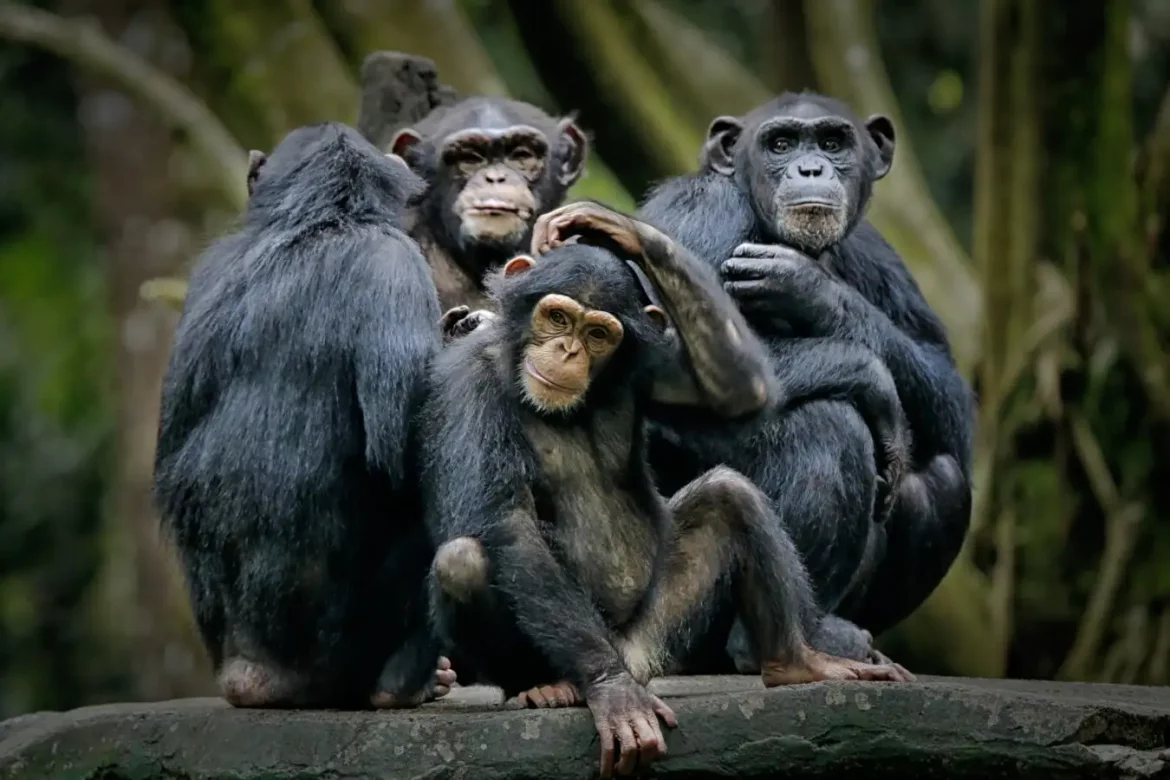A new research has shown that up to a third of Africa’s great apes are threatened by a boom in mining projects for minerals required for the renewable energy transition.
According to the findings of the study, an estimated 180,000 gorillas, bonobos and chimpanzees are at risk due to an increase in demand for critical minerals such as copper, lithium, nickel and cobalt. Many of those minerals are required for clean energy technologies such as wind turbines and electric cars. Researchers say the boom in demand is driving destruction of tropical rainforests which are critical habitats for Africa’s great apes.
“Africa is experiencing an unprecedented mining boom threatening wildlife populations and whole ecosystems,” researchers wrote in the paper, published in Science Advances. Africa is home to an estimated 30% of the world’s mineral resources, and substantial production increases in renewable energy are expected to drive up demand.
Mining has been found to constitute a major source of harm for apes through habitat loss, pollution and disease. It can also make habitats more accessible to hunters and farmers, as roads are carved into forest. More than two-thirds of primate species are already threatened with extinction.
Read also: Global rainforest loss continues at rate of 10 football pitches a minute
“A shift away from fossil fuels is good for the climate but must be done in a way that does not jeopardise biodiversity,” said lead researcher Dr Jessica Junker from the non-profit conservation organisation Re:wild. “In its current iteration it may even be going against the very environmental goals we’re aiming for … It is crucial for everyone to adopt a mindset of reduced consumption.”
Understanding the net impact of mining for energy transition minerals on biodiversity is challenging. The climate crisis also threatens great apes, and clean energy technologies are important to avoiding the worst effects of global heating.
The paper – written in collaboration with researchers from the German Centre for Integrative Biodiversity Research and the Martin Luther University Halle-Wittenberg – used data on operational and pre-operational mining sites in 17 African countries and mapped areas where mining and high ape densities overlapped. It defined a buffer area of 10km around the mine as the area that would be directly affected and a 50km buffer for indirect impacts.
Story was adapted from the Guardian.
